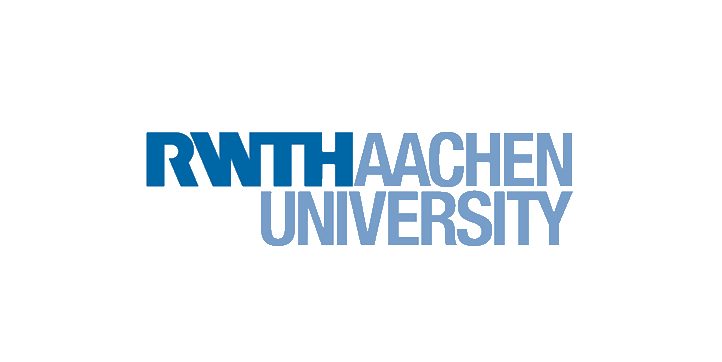RWTH Aachen: BMBF selects 6G research hubs
With their application 6GEM open – efficient – secure – safe , the RWTH Aachen, the Ruhr University Bochum, the Technical University Dortmund and the University Duisburg-Essen were able to prevail in a tender by the Federal Ministry of Education and Research (BMBF).
From August 1, 2021, the four universities will work together with four non-university research institutions on future communication technologies in 6G cellular technology. Co-applicants were the Fraunhofer Institute for Material Flow and Logistics, the Fraunhofer Institute for Microelectronic Circuits and Systems, the Fraunhofer Institute for High Frequency Physics and Radar Technology and the Max Planck Institute for Security and Privacy.
The BMBF had advertised the funding of hubs as part of the economic stimulus package “Fighting the consequences of corona, securing prosperity, strengthening future viability”. With the research and development of future communication technologies, these should make a contribution to Germany assuming a leading role as a technology provider. Four hubs were selected. The research work in 6GEM will be funded by the BMBF with 43 million euros until June 2025. The coordinator is Professor Haris Gačanin from the Chair for Distributed Signal Processing at RWTH Aachen University.
Mobile communications expertise in North Rhine-Westphalia
The 6GEM consortium in North Rhine-Westphalia combines scientific excellence and mobile communications expertise at network, material, component / microchip and module level. There is also experience in their implementation and global networking. A holistic approach is pursued from production to logistics to people with their needs for self-determination, privacy and security in times of climate change.
The added value of future 6G systems for socially and industrially highly relevant applications is to be shown. For this purpose, seven test fields are integrated and equipped with 6G systems: a digital operating theater from the University of Düsseldorf, a smart hospital from the University Clinic Essen, the German Rescue Robotics Center in Dortmund, the high-speed intralogistics of the Fraunhofer Institute for Material Flow and Logistics in Dortmund , the highly automated production environment of the Fraunhofer Institute for Production Technology in Aachen, large-scale port logistics in Duisburg and road traffic scenarios from the city center to the motorway in Aldenhoven. The results of the scientific work should generate patents on a large scale.

